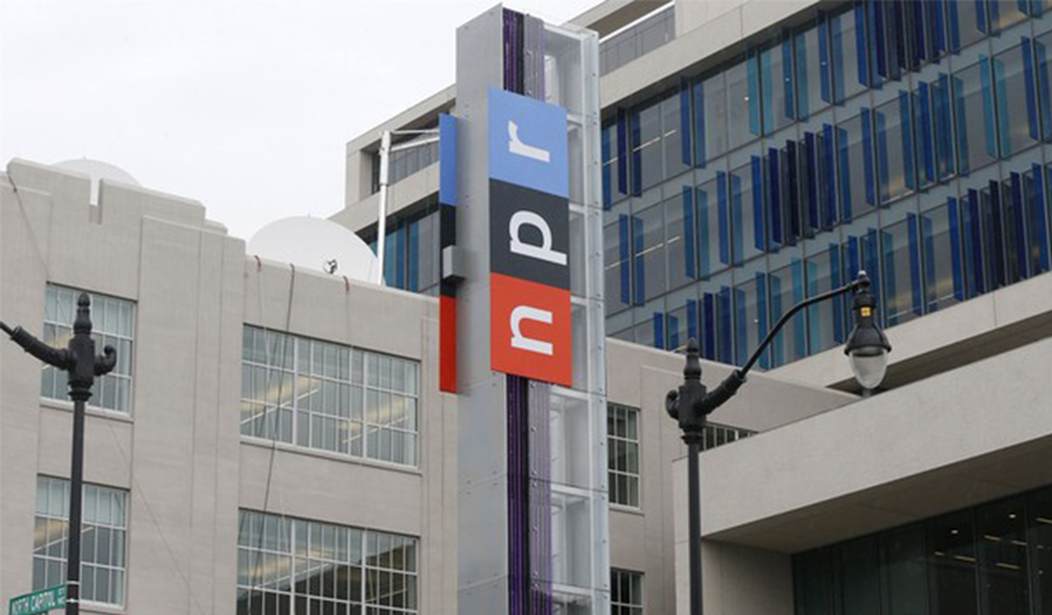National Public Radio is experiencing a Chernobyl-style meltdown over Uri Berliner’s damning essay detailing the network’s descent into illiberal nonsense and bias. He’s not a conservative, even admitting that he was once the archetypal progressive listener NPR catered to.
The news organization used to have self-identified moderates and conservatives tuning in, though that was before the 2016 election. After Trump won, NPR changed its mission statement from being left-leaning to telling listeners how to think. Berliner, a senior business editor, was suspended for his essay, later resigning in protest. Now, NPR’s new CEO, Katherine Maher, is facing staff tumult, with dozens demanding that she come out against Berliner’s essay. We’ll get to that in a second, but her history has been described as “woke bingo,” and that’s an accurate assessment. Also, it’s never a good sign when the head of a news organization says the First Amendment is problematic:
"The number one challenge that we see is the First Amendment in the United States"
— End Wokeness (@EndWokeness) April 17, 2024
NPR's new CEO Katherine Maher.
pic.twitter.com/kTznD2SJlu
NPR's CEO believes that truth is subjective and the pursuit of truth can get in the way of getting things done.
— Libby Emmons (@libbyemmons) April 17, 2024
Aces.
pic.twitter.com/LqikI0cugD
did taxpayer-funded NPR not vet this person, or did they see all of her hyper-woke activism as a good fit? https://t.co/SxB2Eru78W
— Guy Benson (@guypbenson) April 18, 2024
Recommended
And here’s the latest issue she’s facing internally, not that NPR has gone off the rails, but that Berliner said something that was long-known to be true (via Fox News):
A group of 50 NPR employees on Wednesday signed a letter demanding NPR CEO Katherine Maher and Editor-in-Chief Edith Chapin publicly rebuke the "factual inaccuracies and elisions" in former editor Uri Berliner's essay, which called out the outlet's liberal bias.
"We're writing to urge stronger support for staff who have had their journalistic expertise called into question by one of their own in a public forum," read the letter, which New York Times reporter Ben Mullin posted to X. "We also urge more transparency regarding the consequences of making unauthorized public comments that seek to change NPR's editorial direction."
"[T]here are still unanswered questions about how NPR staff are expected to conduct themselves," it continued. "What and who are our standards for? Are we all being held to the same scrutiny? And will we all be going forward?"
[…]
Wednesday's letter from the employees demanded clarification from NPR leadership on how Berliner's essay and the aftermath affected the outlet's "editorial direction."
"Staff, many from marginalized backgrounds, have pushed for internal policy changes through mechanisms like the DEI accountability committee, sharing of affinity group guidelines, and an ad-hoc content review group," the letter said.
The NPR employees argued the Berliner essay received a bigger response from leadership than any of those efforts.
They suggested Maher and Chapin clarify what precedent had been set for NPR employees going forward, specifically calling for "detailed consequences for those who repeatedly violate NPR's codes of conduct."
NPR is about to get much worse.

























Join the conversation as a VIP Member